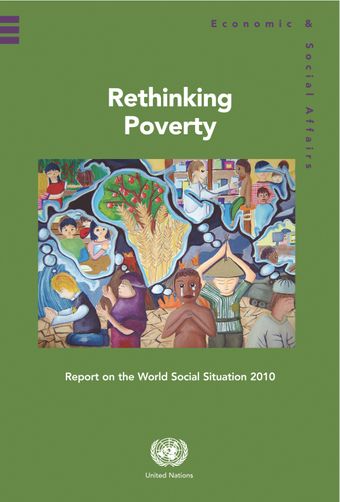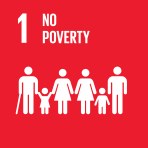Economic liberalization and poverty reduction

- Author: United Nations
- Main Title: Report on the World Social Situation 2010 , pp 97-113
- Publication Date: November 2010
- DOI: https://doi.org/10.18356/0875e84f-en
- Language: English
Economic liberalization encompasses the processes, including government policies, that promote free trade, deregulation, elimination of subsidies, price controls and rationing systems, and, often, the downsizing or privatization of public services (Woodward, 1992). Economic liberalization has been central to adjustment policies introduced in developing countries since the late 1970s, mostly in the context of the conditions for lending set by international financial institutions. Thus, government policies were redirected to follow a noninterventionist, or laissez-faire, approach to economic activity, relying on market forces for the allocation of resources. It was argued that market-oriented policy reforms would spur growth and accelerate poverty reduction.
-
From This Site
/content/books/9789210545693c009dcterms_title,dcterms_subject,pub_keyword-contentType:Journal -contentType:Contributor -contentType:Concept -contentType:Institution105

